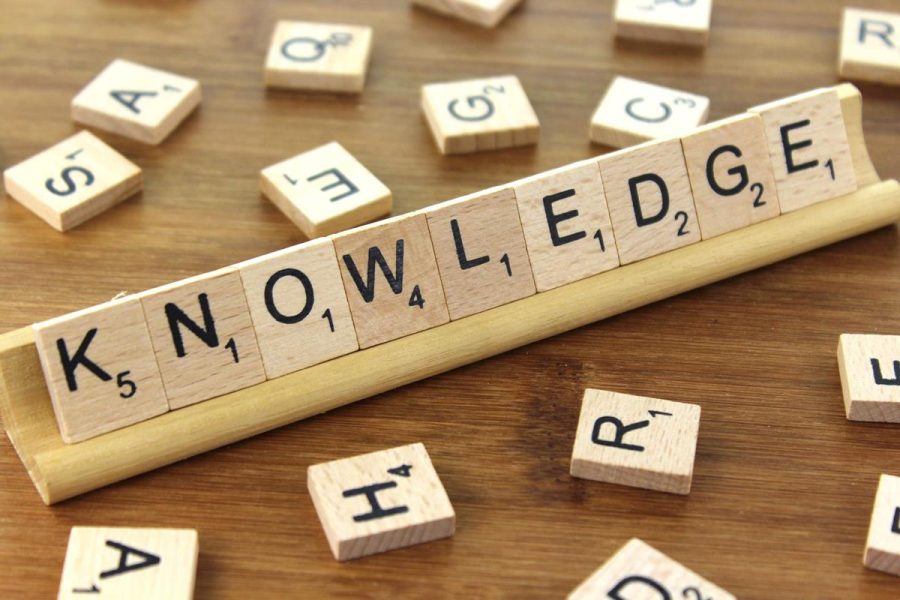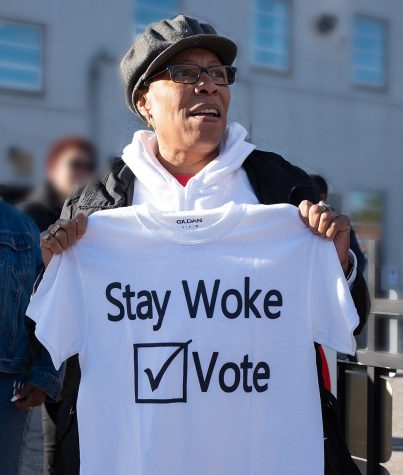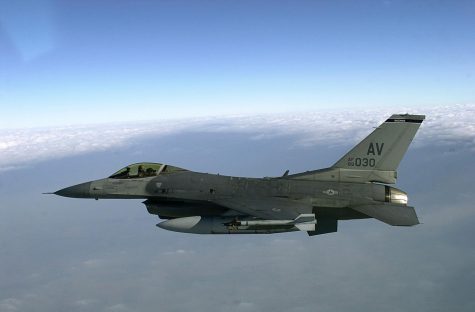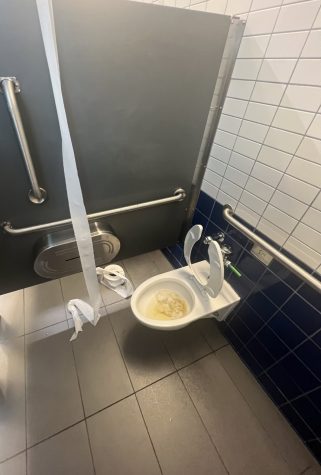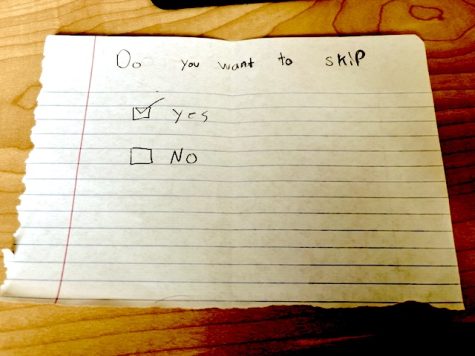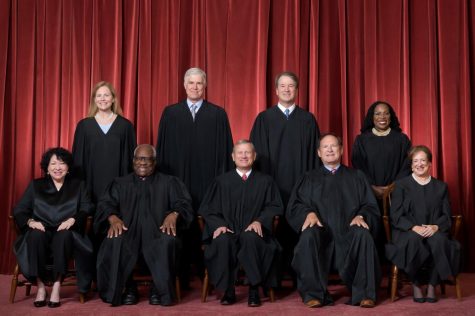In Search Of the best teacher: knowledge or experience
Author contends that each has its virtues, but there IS a winner
May 30, 2023
Knowledge is information or ideas that are contextualized and analyzed. It can be a combination of information that one has been taught or has researched. Experience, however, comes from practicing something over a period of time, such as practicing to become a good basketball player or to communicate with an audience.
Both have their advantages and disadvantages in certain situations. But which is better overall? Which is more important: knowledge or experience?
Now in my opinion as a high school student, experience is better than knowledge. An article about the relationship between knowledge and experience by Lindsay Wilson details differences between the two: “Knowledge emphasizes theory and the obtainment of information and ideas. Experience, on the other hand, stresses practice, or the application of knowledge over a prolonged period of time, in order to reinforce understanding of subject matter or a certain task.”
To me, this author is saying that knowledge is less effective without it being used in practice, the experience. Someone like me who wants to work in the field of computer science, values experience more than just the knowledge given. When learning, for example, a computer language like Python, it helps to have an idea about its basic functions. But you need to put that knowledge into practice to be effective.
That is the mistake I made when I first started learning about Python. I learned a lot about loops, syntax, class, functions, etc. But I did not put that into practice as frequently as I should have – making small simple programs with a few lines of code, for example. Since I did not experiment with it enough to fully understand how it worked, I did not get the best understanding of the language and I also struggled to memorize what I learned. If I had spent as much time practicing as I did trying to memorize, Python would be second nature to me by now.

Some jobs also require more experience than knowledge. In a restaurant, for example, experience can be more valuable than knowledge. Chefs, waiters and managers all rely more on experience. A chef would need the experience of being a good cook and preparing meals for the customer. The waiter needs effective communication skills and short-term memory to get customers’ orders exactly right. And the manager needs good leadership and communication skills to make the restaurant run smoothly. These are a few of many experiences in a situation where it is better to have experience than knowledge.
But there are times when knowledge is more important than experience. There are times when you just need to know something to be able to connect it to other things. Knowledge is especially useful when being quizzed or when playing trivia games – and just in general, to know something about the world around you.
In a YouTube video, “INSANE: Young Americans Don’t Know ANYTHING!” by LLS (Loveliveserve), the host, known as Rhino, asked basic questions to people. He shows that people don’t know basic things like who is the current U.S. Vice President. Sometimes the person asked was confused and didn’t even understand the question. In their defense, generally you don’t need to know these facts, but it is nice to at least know a good number of them. But not knowing some facts does not mean a person is dumb. There are many forms of intelligence. Still, it’s good to know things.
Both knowledge and experience are good in certain situations. But experience is better when it comes to being used in life as it is the practice of the knowledge you gained. Compared to knowledge, having the experience of practice connecting information is more useful in the real world.
